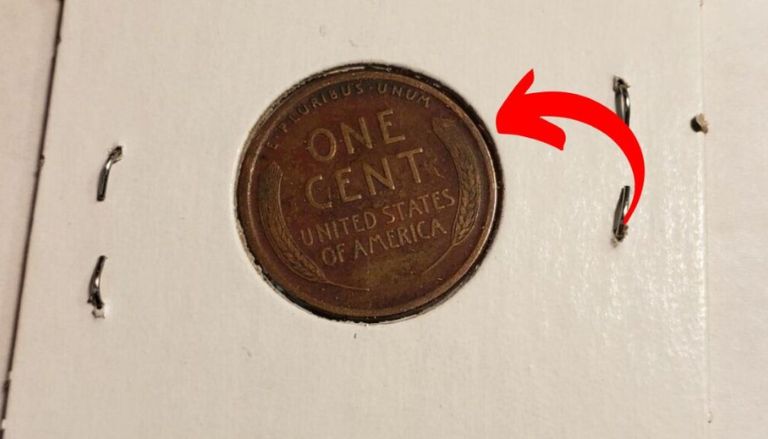Your service history, financial situation, and health status are some of the variables that affect your eligibility for VA health care benefits.
The good news? Millions of veterans are now qualified, particularly those who served in environments that exposed them to poisons or other dangers. Here is all the information you need to know about what makes you more likely to receive VA health care.
Who is eligible for basic eligibility?
You must have served in the active military, navy, or air force and been discharged with a status other than dishonorable, at the very least.
In general, you must have served 24 consecutive months or the entire time for which you were called if you enlisted after September 7, 1980, or if you were on active duty after October 16, 1981.
There are, however, some exceptions, such as when someone is released due to a hardship or handicap related to their service.
Members of the National Guard and Reservists who were summoned to active duty by a government order and served their entire military term may be eligible.
The eligibility requirements are automatically met by veterans who fought in combat zones such as Vietnam, Iraq, or Afghanistan.
What makes you more likely to receive VA benefits?
Certain veterans are eligible for enhanced eligibility, which puts them in a higher priority group and increases their chances of receiving benefits. If any of the following describe you, you might be eligible:
- You are compensated financially for a disability related to your service.
- You were released because of a handicap that was brought on by or made worse by your service.
- You were released from combat after September 11, 2001.
You are eligible for Medicaid or receive a VA pension. - A prisoner of war (POW) is what you were.
- You’ve been awarded a Medal of Honor or Purple Heart.
- You were exposed to radiation, chemicals, lead, asbestos, nuclear weapons, or other toxins or dangers.
- During certain periods, you served in places like Vietnam, Thailand, Laos, Cambodia, Guam, American Samoa, or Johnston Atoll.
- Between August 1, 1953, and December 31, 1987, you spent at least 30 days at Camp Lejeune.
What happens if your discharge is not honorable?
You may still be eligible even if your discharge status is not honorable, bad conduct, or dishonorable. To find out your eligibility, you can request a Character of Discharge review or petition for a discharge upgrade.
Passed SS Payment Increase for 2025: Get Ready for Bigger February Checks
Income-based eligibility
Based on your income, you can still be eligible even if none of the aforementioned apply to you. To determine if you are eligible for free or reduced-cost medical care, the VA evaluates your financial need.
$2,000 Social Security Payments Coming Wednesday, Feb. 19: Are You on the List?
How do I apply?
It’s easy to apply. You can do it over the phone, online, or with an authorized representative’s assistance. Call 877-222-8387 for help with your application if you need it.
More Veterans will receive the care they require thanks to the expanded eligibility for VA health care. Apply right away to get the advantages you’ve earned if you fit any of these requirements.




Leave a Comment